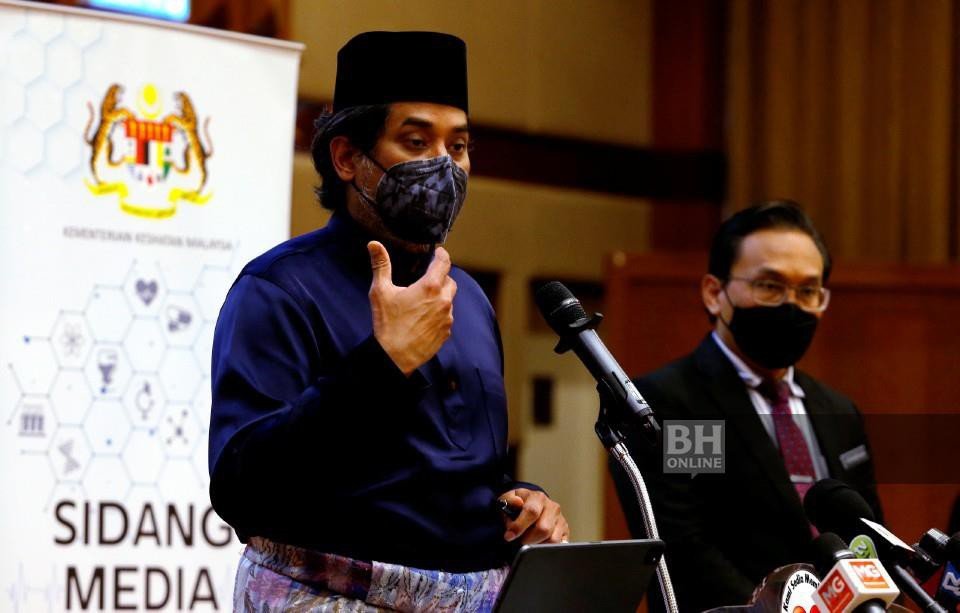Entry Ban On Foreign Travellers Amidst The Discovery Of A New & Highly Mutated Variant
The entry ban is on travellers with 14-day travel history to Botswana, Eswatini, Lesotho, Mozambique, Namibia, Zimbabwe, and South Africa, according to Health Minister Khairy Jamaluddin.
Starting today, 27 November, Malaysia will ban foreign travellers from several southern African countries after the discovery of a new and heavily mutated COVID-19 variant B.1.1.529, renamed 'Omicron'
"We view this seriously and will carry out genomic surveillance, including on individuals arriving from the countries that reported the new variant cases and any (other) destinations. Based on genomic surveillance, as of 26 February, no new COVID-19 variant B.1.1.529 was reported in Malaysia," New Straits Times reported Health Minister Khairy Jamaluddin as saying during a press conference yesterday, 26 November.
He added that foreigners will not be allowed to enter the country temporarily.
The entry ban is on travellers with 14-day travel history to Botswana, Eswatini, Lesotho, Mozambique, Namibia, Zimbabwe, and South Africa, according to the Health Minister.
Meanwhile, returning Malaysian citizens and permanent residents will need to do mandatory 14-day quarantine at a designated centre
"Malaysians and foreigners with PR status would be allowed to enter the country, but subject to 14-day mandatory quarantine at designated stations regardless of their vaccination status," he said.
"And they are not allowed to undergo home quarantine," Khairy added.
In the meantime, Malaysians will also not be allowed to travel to the said seven countries.
On 11 November, Botswana detected the first case of B.1.1.529 variant, while the second case was found in South Africa on 14 November
Following which, two confirmed cases were discovered in Hong Kong.
The number of B.1.1.529 variant cases appeared to be increasing in almost all provinces of South Africa.
The B.1.1.529 variant is said to have 32 protein spike mutations – twice that of the Delta variant.
To date, there was no available data on its incubation period, symptoms and infectivity rate, with the World Health Organization (WHO) currently monitoring developments.
Vaccine efficacy is also undetermined.
